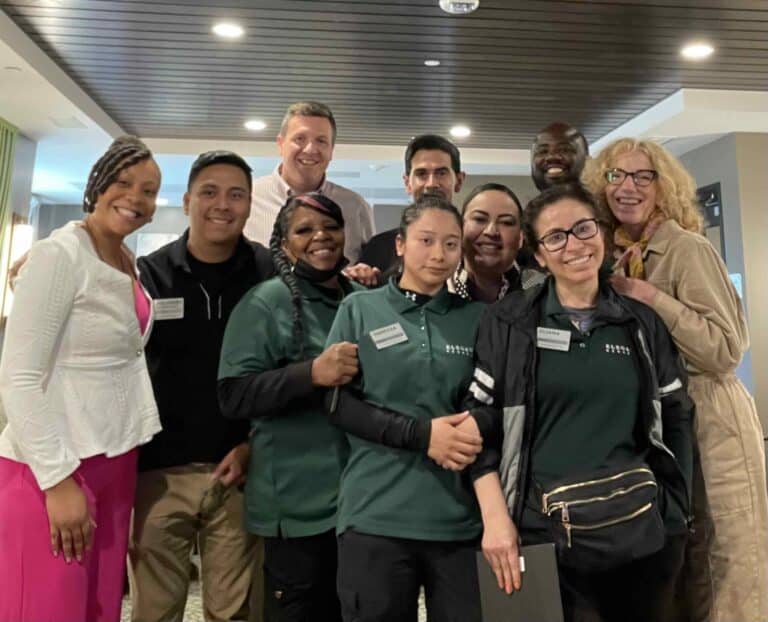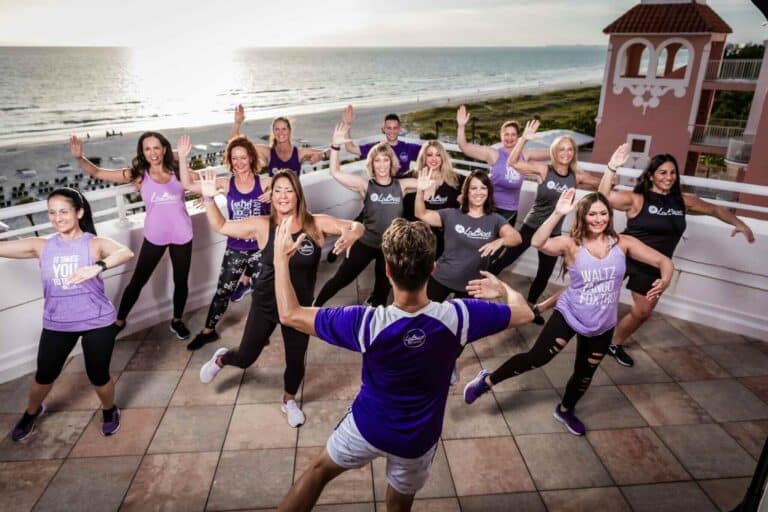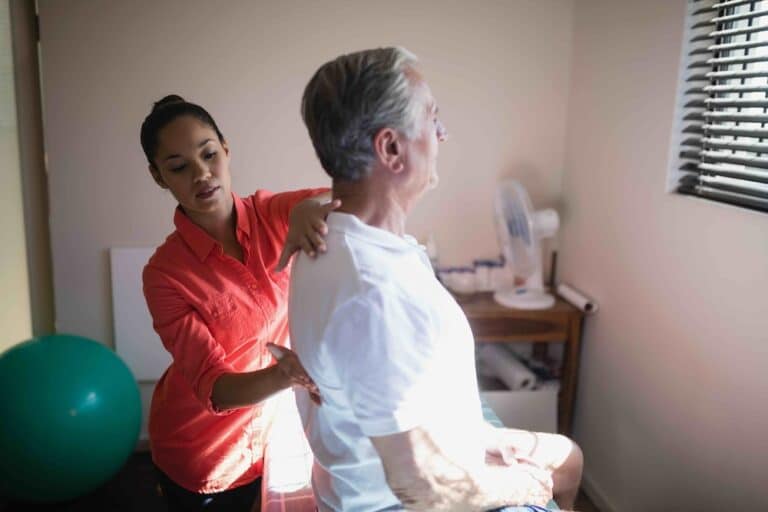As the days grow shorter with the changing seasons, people tend to spend more time indoors. These factors can lead to social isolation, a phenomenon where our social connections and interactions are limited, resulting in increased rates of loneliness and social isolation.
One of the critical aspects of social isolation is its impact on mental health. It puts individuals at a higher risk for mental health disorders, such as depression and anxiety. Considering that approximately 20 percent of U.S. residents live with a mental health disorder, it becomes imperative to focus on improving social connections. Additionally, social isolation has repercussions on physical health, with studies indicating that as social isolation intensifies, the risk of heart disease and mortality also rises.
A viable solution to enhance social interactions is to utilize a wellness online program like Burnalong, which connects you with others. Burnalong offers a wide range of professional videos to assist with exercise, mental health, and various wellness areas. What’s particularly appealing about Burnalong is its ability to facilitate socialization during the cold winter months when going outside becomes challenging.
Here are some tips to help reduce social isolation:
- Create a support system: It’s crucial to stay connected with those you love and who love you. Schedule regular in-person or phone meetings. As social beings, maintaining social ties is an integral part of our human development. Learn about social wellness.
- Limit screen time: Technology has become a ubiquitous part of our daily lives, whether we work from home or in an office. While technology is essential for business and socialization, it’s equally important to limit screen time and prioritize in-person connections. While social media can be valuable, many online connections lack genuine social interaction.
- Nurture your passions: If there’s something you’ve always wanted to do but haven’t had the chance, make time for it. Whether you’re a parent wanting to enjoy a new kids’ film or a retiree aiming to visit national parks, plan these activities. Explore your passions and interests, as they provide energy and meaning to life, fostering meaningful connections while pursuing these goals.
Social Isolation might lead us to believe that in-person connections are unnecessary, but the truth is, we need them to thrive as humans. Incorporate healthy relationships into your life and consider inviting others to join you on Burnalong to build a support network dedicated to learning healthier ways to enhance your life. Learn about the effects of multitasking.
For more information about the variety of fitness classes and wellness resources available on Burnalong, please visit https://www.burnalong.com.
To access a free daily class, go to https://www.burnalong.com/daily-class.
Eva Gordon, LCSW, is a Clinical Social Worker works with individuals, families, and organizations to promote safety and well-being. For over 18 years, Ms. Gordon’s services include service planning, program development and mental health treatment in the New York City area. She has coordinated training and resource events for community organizations and faith-based initiatives. Ms. Gordon now focuses on educating the community on mental health and how we can take care of ourselves to improve our lives.
Burnalong (www.Burnalong.com) provides an end-to-end wellness solution focused on helping people achieve their human potential; through a scalable digital platform, social support and motivation, proprietary data and analytics, and AI. People can take classes alone or live with others where they can see and hear each other, and join communities, for added social motivation. Our platform includes access to more than 35,000 live and on-demand classes, taught by 7,500+ instructors, across 60+ categories (spanning physical, emotional, and financial wellness, including programming for chronic conditions, prenatal, children, and disabilities), reflecting the diversity, and diversity of needs, of the population.






